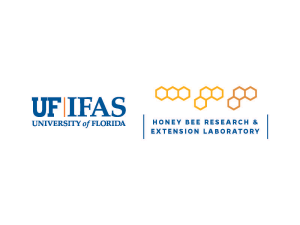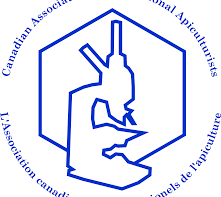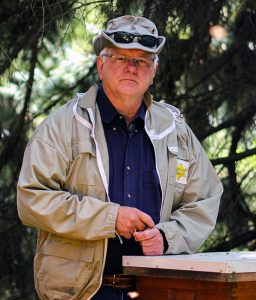Much More Than A Marketing Label
by Alice Varon
How can you have organic honey? That’s not an uncommon question when I talk with beekeepers. They will correctly point out it’s impossible to control where honey bees fly. Since honey bees can cover a geographic range of more than 8,000 acres, the odds are decent they will forage on a crop or landscaped area that has been treated with synthetic pesticides. This fact makes it impossible for most beekeepers to qualify for organic certification. Yet many beekeepers are committed to organic principles, and would like a certification that recognizes their practices.
Fortunately, there is such a program, called Certified Naturally Grown (CNG). Participation in the organization’s apiary certification program has grown each year since it was launched nearly six years ago. The experience of Leigh Knott is typical. Back in 2010, when she was living in northwest Arkansas Ms. Knott started keeping bees. From the beginning she had a firm commitment to working with nature, not synthetic chemicals, to manage her apiary. It was a steep learning curve, but she was glad to discover some guidance when in 2013, after she relocated to the Blue Ridge Mountains of NC, a local farmer told her about Certified Naturally Grown’s apiary program. As she expanded her apiary in her new home, she relied on CNG’s apiary standards as guidelines to best practices. In 2015 she initiated and completed the CNG apiary certification process and is able to use the Certified Naturally Grown name and logo to market her honey.
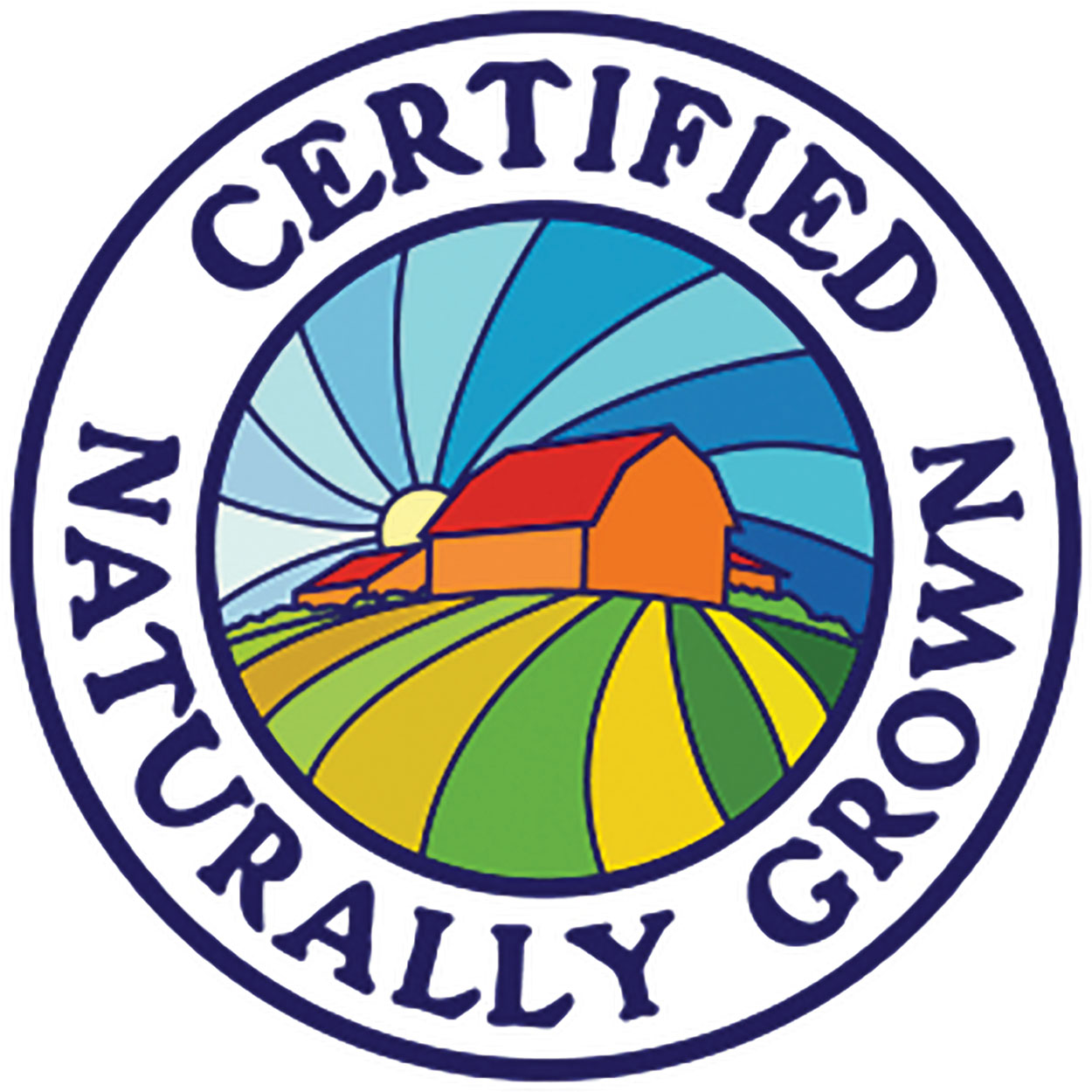
Since 2002, Certified Naturally Grown has offered certification for farmers using natural methods to produce food for their local communities. CNG’s peer-review certification programs are tailored for direct-market farmers, and based on a commitment to working in harmony with nature, without relying on synthetic chemicals to manage pests, soil fertility or plant diseases. Today there are more than 700 CNG farmers and beekeepers in 48 states nationwide.
In 2007, CNG started receiving phone calls from beekeepers concerned about colony collapse disorder, asking whether we’d offer certification to their apiaries. They were committed to supporting the health of their bees, and felt that keeping synthetic chemical treatments out of their hives was an important part of that work. Being able to be certified for these practices would provide a way to encourage other beekeepers down this path, and raise awareness among customers.
After all, they reasoned, while we can’t entirely prevent our bees from landing on crops treated with harmful pesticides, we can surely support honey bee health in other ways. Beekeepers can keep chemical treatments out of our hives, follow good management practices, and allow for natural selection to determine the strains that will best withstand pest and disease pressures, and thrive in our local conditions.
We were sold on the idea, but we needed an experienced beekeeper to work with us to develop the certification standards that would form the basis for such a program. What particular practices would be allowed, prohibited, recommended and required to be a CNG beekeeper?
As luck would have it, Dr. Buddy Marterre of Winston-Salem, NC contacted us and said he was willing to take the lead in drafting these standards. We worked with him to ensure the apiary standards were in keeping with CNG’s approach, including regulating only what’s meaningfully in the beekeeper’s control, minimizing paperwork, and working with nature instead of relying on inputs. We shared the draft standards with experienced beekeepers nationwide to get their feedback, made some adjustments, and then developed the application forms and inspection worksheets. All these program elements have been posted to the CNG website. We launched CNG’s new Apiary certification program in 2010.
Nearly six years later, as of December 2015, CNG has received more than 320 applications for apiary certification. These applications were reviewed based on CNG’s Apiary certification standards. Today there are 80 Certified Naturally Grown apiaries in the United States. They’re distributed across 29 states, with the greatest numbers in Georgia (16 CNG apiaries), North Carolina and Virginia (six in both), Pennsylvania and Tennessee (four in both). Like all CNG producers, they each have a profile on the CNG website at CNGfarming.org. Once applicants complete the certification process they’re also eligible to purchase marketing materials such as the CNG logo stickers to place on jars, or laminated certificates or signs. We are currently designing a honey jar label just for Certified Naturally Grown beekeepers.
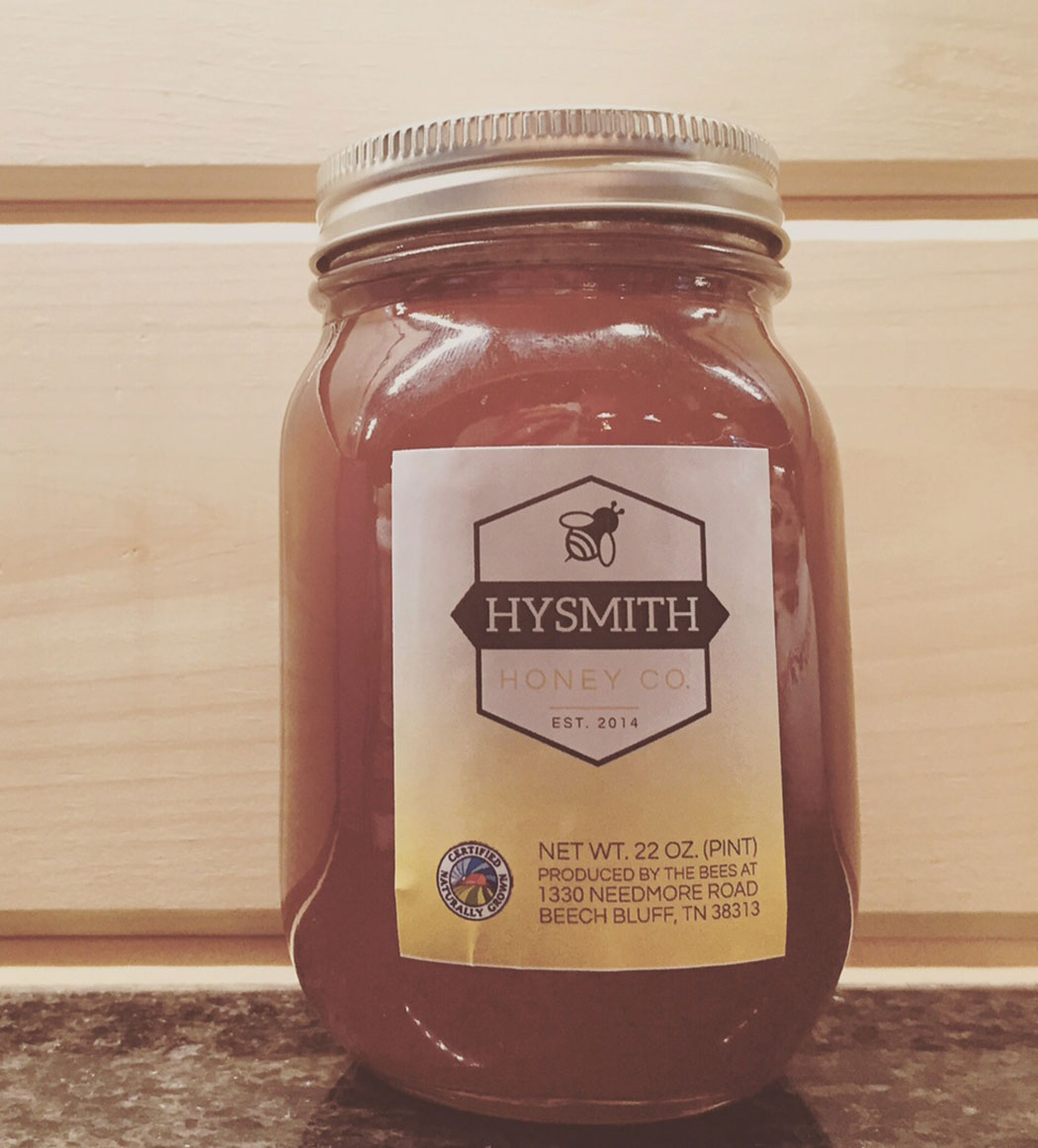
Hysmith Jar photo by Austin Varner.
One may wonder whether there’s really a need for a certification program providing a marketing label for beekeepers committed to ecological practices. After all, these are typically small-scale producers with a devoted local customer base, and they rarely have any difficulty selling all their honey. But as it turns out, marketing isn’t the only reason, or even the main reason, why beekeepers join Certified Naturally Grown and maintain their certification.
We recently conducted a survey of our current members to get a better sense of what motivates them. The survey gave four reasons why a beekeeper might choose to be CNG certified, and asked how important was each. The results are shown in the table below. By far, the most significant reason was “to highlight my practices and values”, with 79% of respondents saying it was super important. This reason was followed closely by “to raise public awareness of honey bees” with 59% of respondents saying it was super important. The survey also asked members for examples of how their certification had been valuable. The results confirm that for CNG beekeepers, certification is about more than marketing – they also see it as a way to raise awareness and educate their customers.
Reason Weighted Average*
To highlight my practices & values 3.71
To raise public awareness about
honey bees 3.26
To help my marketing 2.82
To connect me to other beekeepers 1.81
*on a scale of 0 – 5 where 0=insignificant, 1= it matters a little bit, 2= sure that matters, 3= pretty important and 4=super important
Rhett Renoud of Wild Honey Ranch in Ramah, NM describes his reason for maintaining his certification this way: “With the certification, people are drawn to respect the world of beekeeping and understanding how fragile our environment is. And more importantly, the CNG certification helps people understand that there is more than one way to keep bees.”
In her application, Leigh Knott of North Carolina indicated her reasons for seeking CNG certification. She wrote “I want to raise awareness of naturally grown honey vs. conventional. I believe becoming CNG certified would be a great way to raise awareness and hopefully encourage other local beekeepers to follow CNG guidelines.”
One of the distinctive features of CNG is the peer-review inspection component. These inspections are a core component of the certification process, and are carried out at least once per year by another beekeeper in the area.
Related to this requirement, Rhett Renoud adds another reason for keeping his certification: “Because Certified Naturally Grown is structured and has an accountability system, it separates myself from the other local beekeepers. In a sense, the certification demands respect.” This sentiment is shared by Ryan Hysmith of Hysmith Honey Co. in Beech Bluff, TN. He writes “It is one thing for me to tell people I cared about creating a clean, natural product; it is another thing to show third-party verification”.
Leah Knott, like many CNG producers, found the inspection experience itself was valuable. She writes, “The inspection process was great. We spent a lot of time on each question (since it was my first one) and it gave me the chance to really review my habits vs. best practice. The inspector clearly had some ah-ha moments too.”
In some areas, CNG certification can grant access to certain markets. Don Studinski of Honeybee Keep in Golden, Colorado, told us that “The market manager was ‘interested’ in my honey before we discussed CNG, but he was ‘excited’ to have my honey when he heard about my certification.” In fact, there are several farmers markets and grocery stores that give preference to producers who are Certified Naturally Grown (they’re listed at cngfarming.org/markets_directory).
Most CNG beekeepers are working on a fairly small scale. A recent survey found that of all 28 respondents, only three had more than 50 hives this year, 10 had 26-50 and 15 had 25 or fewer. Most CNG beekeepers are hobbyists, and in a handful of instances they’re sideliners. Even though there’s a minimum dues of $110 for CNG farmers, we do not require a minimum amount to cover the certification dues for beekeepers. All CNG beekeepers must contribute some amount to keep our grassroots program running, but our goal is to encourage participation and help us raise awareness of the importance of natural beekeeping, both for the sake of the bees and our food supply. By not setting a minimum, we avoid excluding people on financial grounds. Please join us!
You can learn more, get certified, and register for updates at CNGfarming.org/apiary
Alice Varon is Executive Director of Certified Naturally Grown







